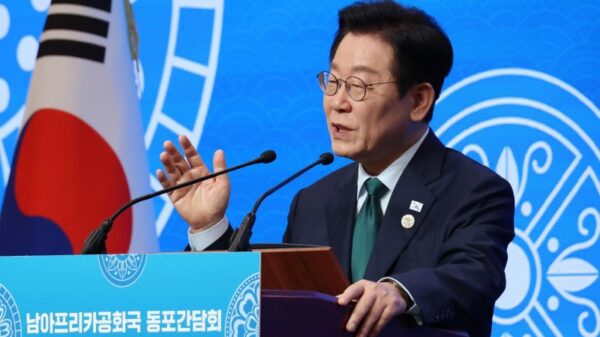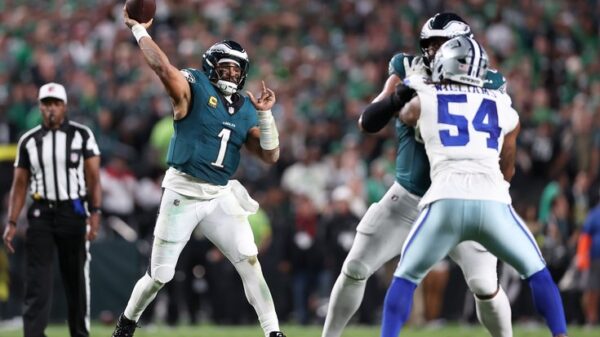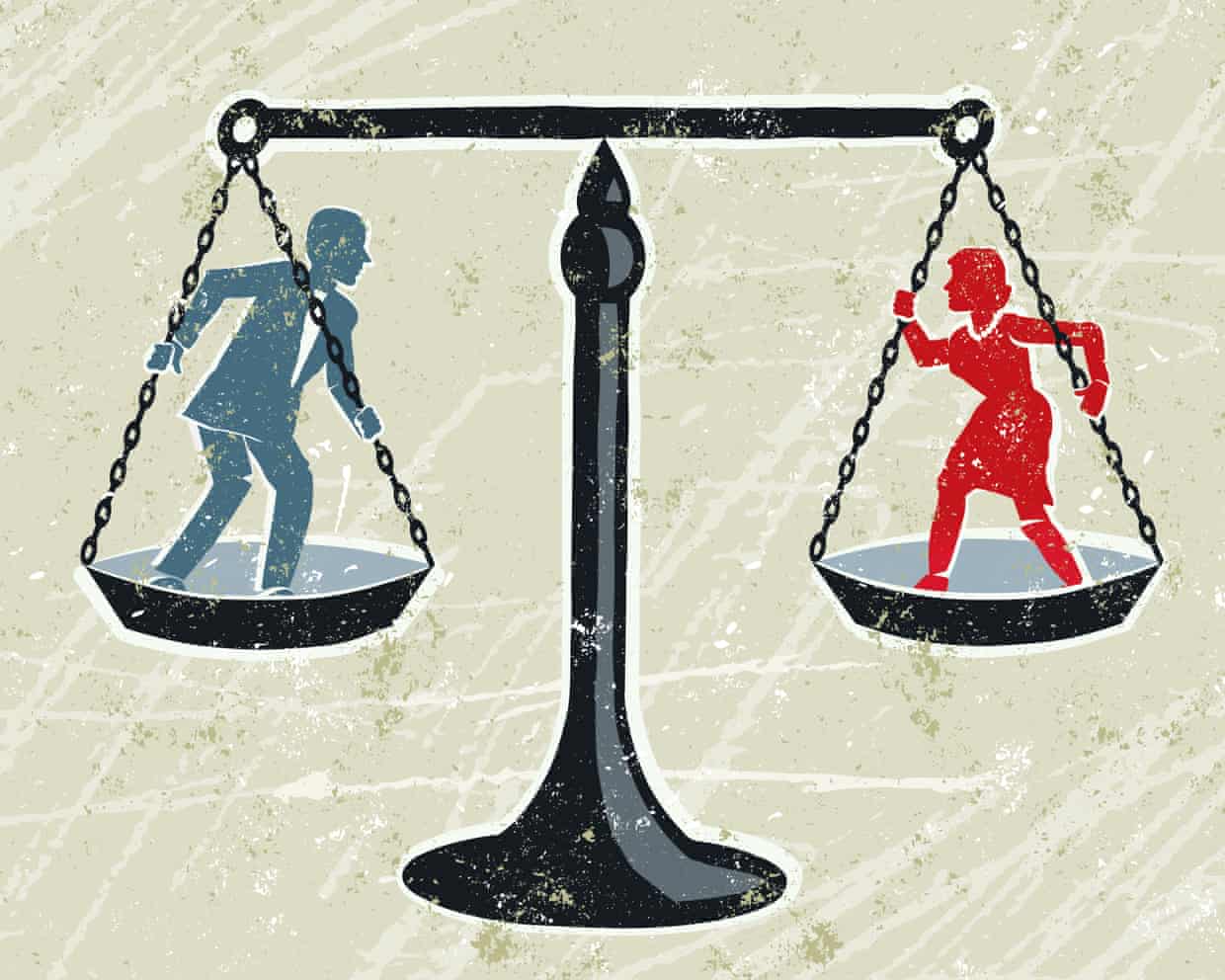Concerns over a so-called “feminised workplace” are taking centre stage in discussions about male identity, igniting a debate that highlights the complex dynamics of gender roles in professional settings. During a recent speech at the National Conservatism conference in Washington, D.C., American journalist Helen Andrews popularised this notion, suggesting that an influx of women in the workforce has led to a dominance of stereotypically feminine values. According to Andrews, this shift has resulted in an environment that prioritises conflict resolution over direct communication and discourages healthy competition, which she believes undermines traditional masculine values.
The idea that masculinity is under threat has gained traction among some commentators. One such voice is Scott Galloway, an academic and author of the influential book Notes on Being a Man. Galloway asserts that economic instability and declining job security contribute to a crisis in male identity. He contends that many men view their worth through the lens of financial success, with the expectation of being the primary breadwinner deeply ingrained in societal norms.
While these perspectives raise important points about the pressures men face, they often overlook the broader economic realities affecting all genders. A recent report titled The State of UK Men by Beyond Equality reveals significant insights regarding male identity and economic hardship. The survey found that 88% of men equate manhood with the ability to provide financially for their families. Yet, troublingly, 40% of respondents indicated that their income was insufficient to meet daily needs, and over half expressed ongoing concerns about their financial stability.
The report also highlights that women experience similar challenges. Despite the ongoing gender pay gap, which sits at approximately 13% in the UK, both men and women frequently report a lack of purpose or meaning in their lives. Women are often the primary caretakers and heads of households, a reality recognised by organizations like the Women’s Budget Group, which identifies them as the main “shock absorbers” of poverty.
The framing of economic struggles as a male issue, while simultaneously dismissing similar experiences faced by women, underscores what some experts describe as the “masculinity burden.” Challenges in employment or financial security are perceived not merely as personal setbacks but as threats to masculinity itself. This perspective can obscure the shared human experience of economic precarity, which affects individuals regardless of gender.
As societal expectations around masculinity continue to evolve, the need for a redefined understanding of male identity becomes increasingly clear. The State of UK Men report suggests that men desire greater involvement in domestic responsibilities, with 83% advocating for shared household duties and 80% seeking support to enhance their presence in family life. These findings indicate a shift towards more collaborative approaches in both work and home environments.
Ultimately, the challenges men face in the workplace are less about the number of women employed and more about the structural support systems that exist. Issues such as job security, livable wages, and flexible work arrangements are critical for everyone, regardless of gender. If this evolution is deemed “feminised,” it may be more constructive to label it as “feminist,” advocating for a balanced approach that meets the needs of all individuals.
Finn Mackay, a senior lecturer in sociology at the University of the West of England in Bristol and author of Female Masculinities and the Gender Wars, emphasises the importance of addressing these gendered expectations that can lead to collective failure. By recognising the interconnected nature of economic and gender issues, society can move towards creating environments where both men and women are valued beyond traditional stereotypes.








































































